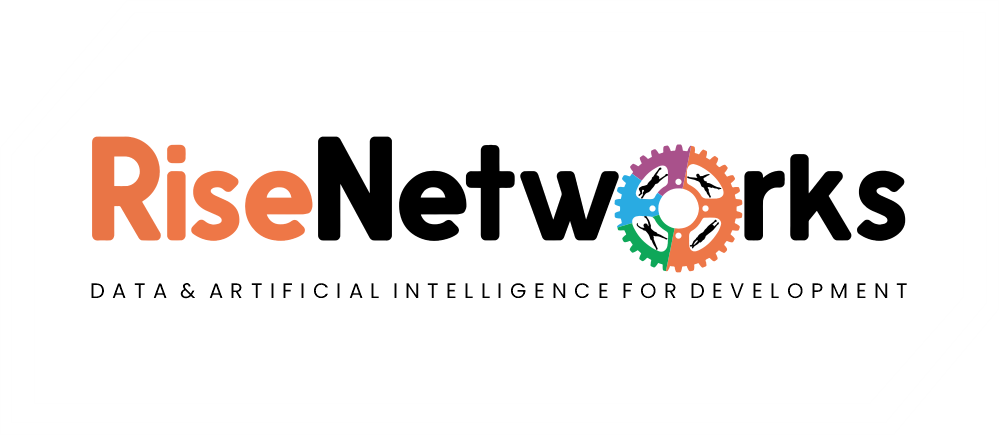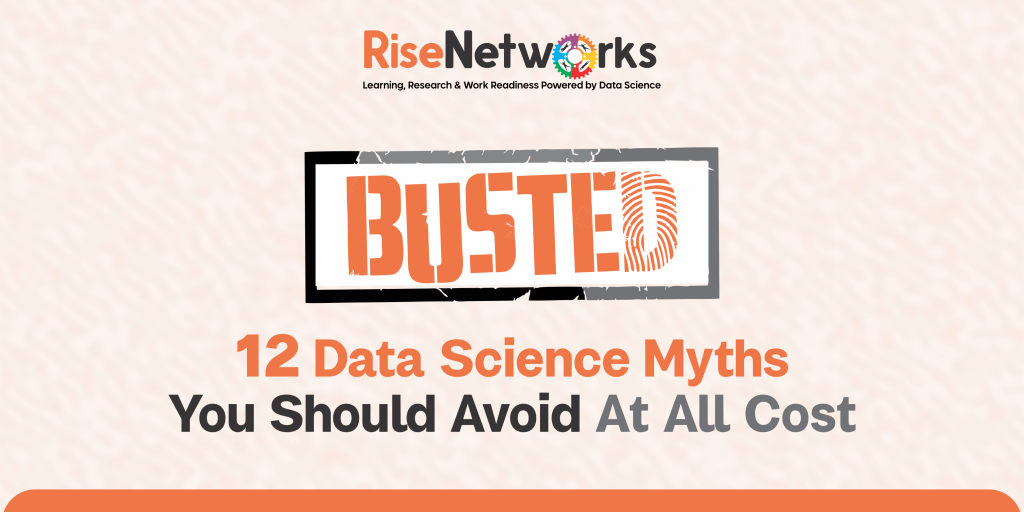Whether you are a data science beginner or an advanced data scientist, and a technical writer like myself, we have all come across a vast number of myths surrounding data science, some are so reoccurring that they are just treated as facts and passed along.
Despite the growing popularity of data science, many myths and misconceptions are often taken as facts even by those who should know better. The list of popular data science myths is growing every day.
This article will show you 12 common myths about data science that you must avoid at all costs.
Let us head straight to them.
Myth #1 Only PhD Holders Can Become A-Data, Scientists
There are many conceptions that an individual must have a PhD to become a data scientist. The truth is, that statement is not true at all.
A PhD degree is not required to become a data scientist, although it helps tremendously with deep learning and other research-based areas of the field.
There are plenty of people out there with just a master’s degree and even a first degree who are incredibly doing well in data science.
Myth #2 Data Science Is The Same As Statistics
Data science is often confused with statistics because they overlap in some areas. Statistics is a branch of mathematics that deals with collecting and analyzing data.
Data science is concerned with the numerical and graphical analysis, interpretation, and presentation of research findings.
Statistics and computational power, when combined, enable us to make sense of massive amounts of data, resulting in rapid progress in fields such as genetics and astronomy.
Statistics, on the other hand, are only one tool that can be employed in the field of data science today. There are other different tools at your disposal.
Myth #3 Data Science Requires A Strong Math Background.
Being good at math is not required to become a data scientist, it can certainly help when it comes to dealing with statistics and analyzing large sets of numbers, but that is just one part of the job.
The job of a data scientist is to create value for the business and make decisions based on the insights from data.
The methods and algorithms are merely tools to reach this end goal, and as long as you do not need to invent new methods or algorithms, you do not need to be a math expert.
That being said, you should have some familiarity with certain mathematical concepts such as linear algebra, calculus, probability, statistics and optimization (linear programming).
Myth #4 Data Scientists Are Expected To Know Everything.
No one knows everything.
There is so much information out there that you can not possibly know all the answers; instead, It is critical to understand how to locate them.
As a data scientist, you should know where and how to look up things that you do not know.
A solid understanding of statistics and machine learning will give you the tools to help solve problems more effectively than simply relying on brute-force memorization alone.
Myth #5 All Data Scientists Work With Big Data
There is no denying that big data is a big thing in the world of data science. Firms are creating entire departments dedicated to handling their Big data needs. However, this trend does not mean that all data scientists work with big data.
Many companies still rely on small amounts of simple data acquired from basic sources such as consumer feedback surveys.
Myth #6 Data Science Is All About Machine Learning
You may have noticed a lot of hype surrounding machine learning and AI recently. Much of this is since big tech companies like Google, Facebook and Microsoft have invested heavily in machine learning. As a result, people imagine that data scientists spend most of their time building machine learning models (this is not the case).
Myth #7 Data Scientists Only Need Coding Skills
Coding skills are not the only skill a data scientist must-have, though coding is an important skill, they are also required to have excellent communication skills and business knowledge since they will be working with both computer scientists and business leaders and also programming skills and many more.
Myth #8 Data Science Is Only Useful For Large Corporations.
Data science has applications in nearly every field imaginable, and every business can benefit from it in some way even small businesses. Even if you don’t have access to a large or dedicated data science team, your business can still benefit from data scientists doing freelance work for you.
Myth #9 Data Scientists Are Just Programmers.
Programming skills are necessary for data scientists, but this isn’t the only skill you’ll need to succeed as one: Statistics know-how (think Bayesian statistics), machine learning techniques (especially deep learning), visualization techniques, good communication skills (both written and verbal), and an understanding of business processes are all important too!
Myth #10 Data Scientists Just Analyze Data
Data scientists indeed analyze data, But there is much more to the job than that. Data scientists also collect data, clean and process the data, design and build models, evaluate model performance, build machine learning applications, and communicate findings to stakeholders. They may also perform predictive analytics tasks or work with Big data systems like Hadoop or Apache Spark.
Myth #11 Data Science Is Just For Very Technical People.
Data science is not all about numbers and charts. It is also about finding ways to use data to solve problems, make predictions, and build better systems. And it’s not just for mathematicians!
Data scientists need to understand business problems and communicate their findings with both technical and non-technical audiences.
It is an amazing field if you want to combine your interest in coding and computers with your talent for thinking logically and critically.
Myth #12 All Data Scientists Use R or Python
R and Python are two of the most popular programming languages used by data scientists today, but they are hardly the only ones. You may also see data scientists using SQL, SAS, MATLAB, Julia, or many other languages in various contexts. If you have experience with another language already, there is a good chance you can find a place for it in the field of data science.
With so much hype surrounding the data science scene, it is only natural for people to have misconceptions about the subject. In some cases, they are outright myths.
Did I miss out on any myths?
If I did, share them with me in the comments.
Share This Article With Your Friends

